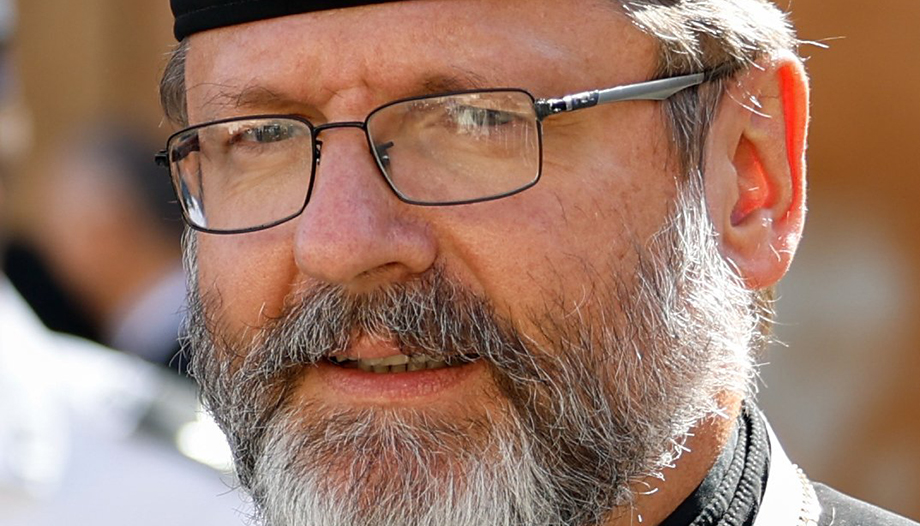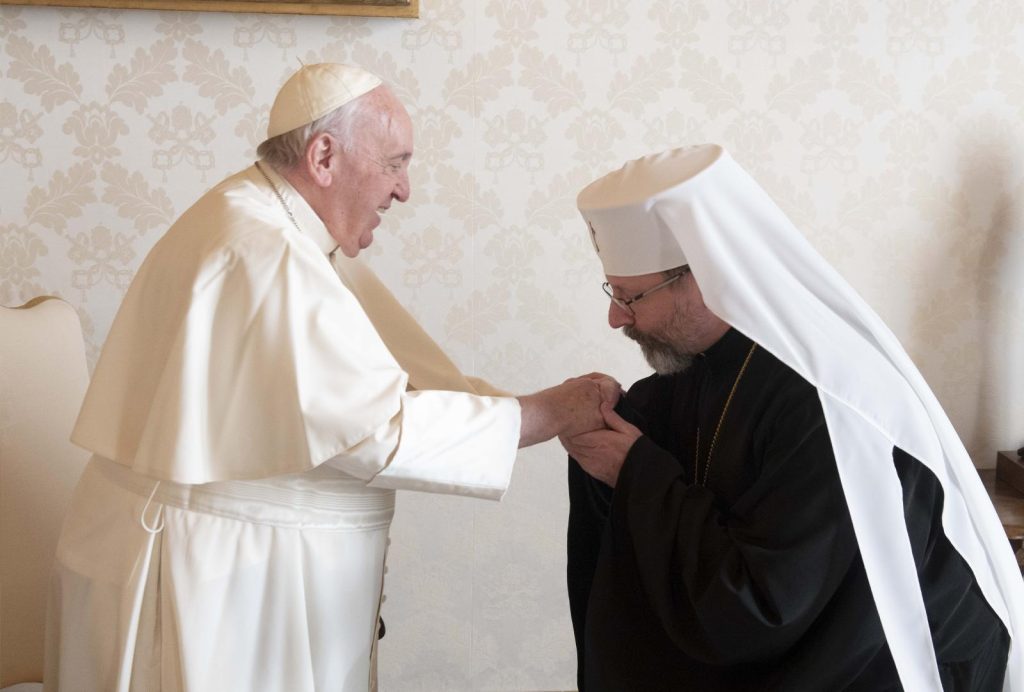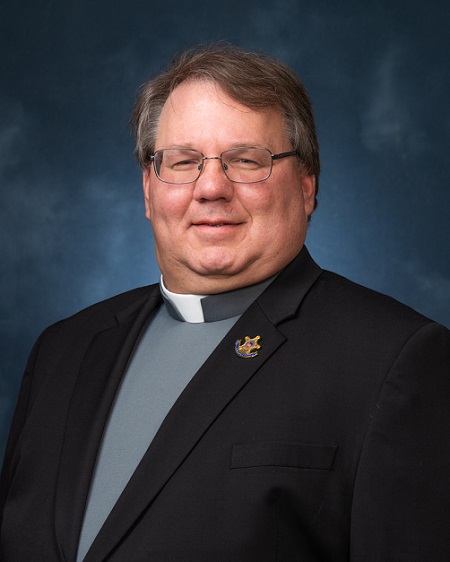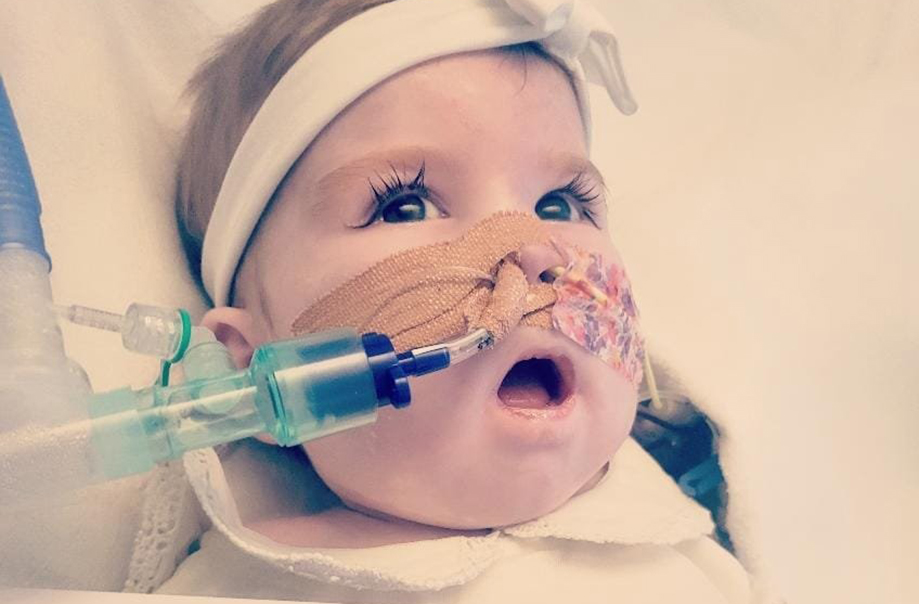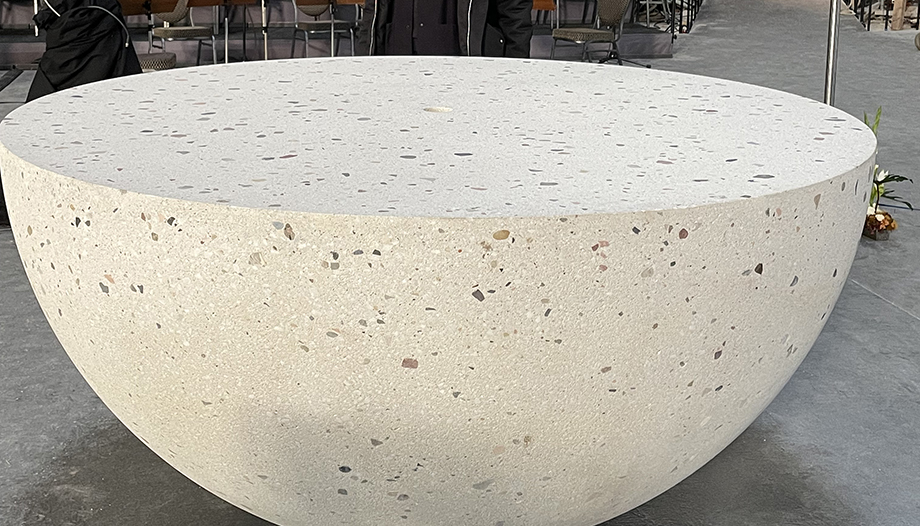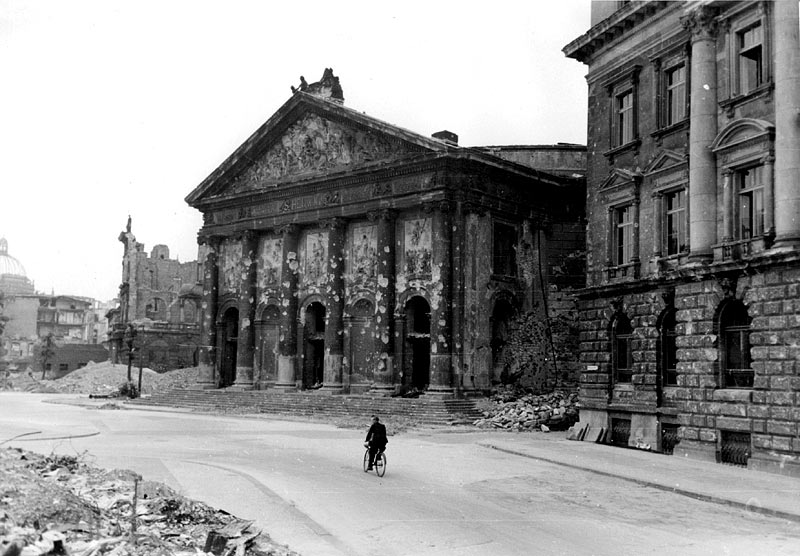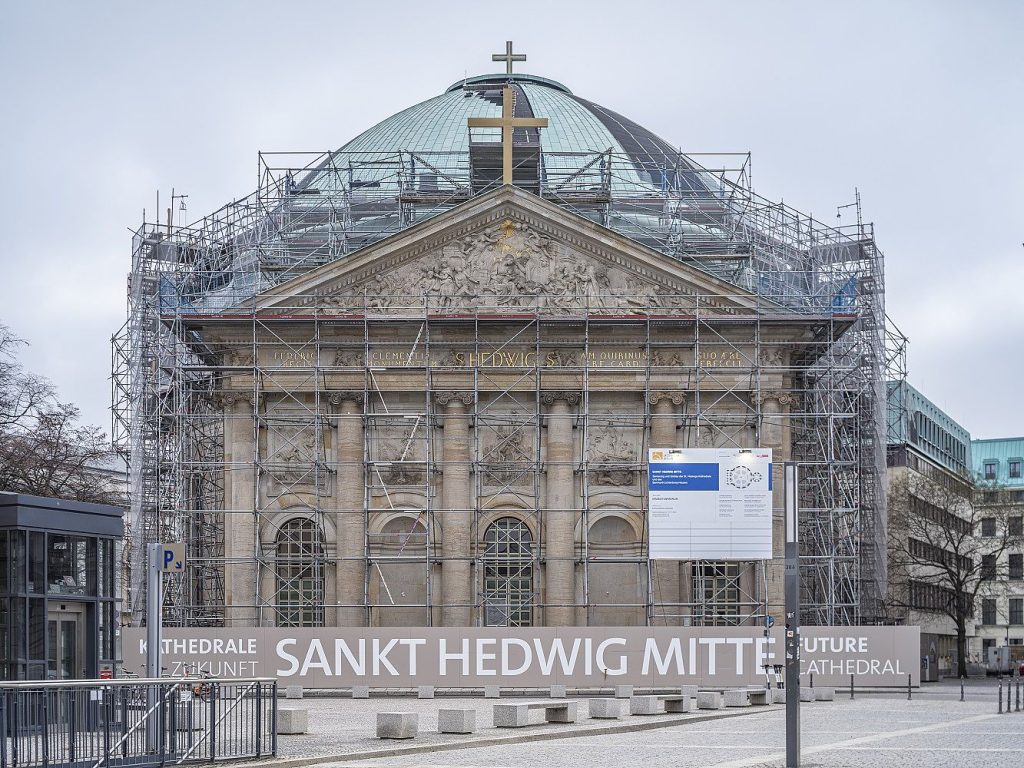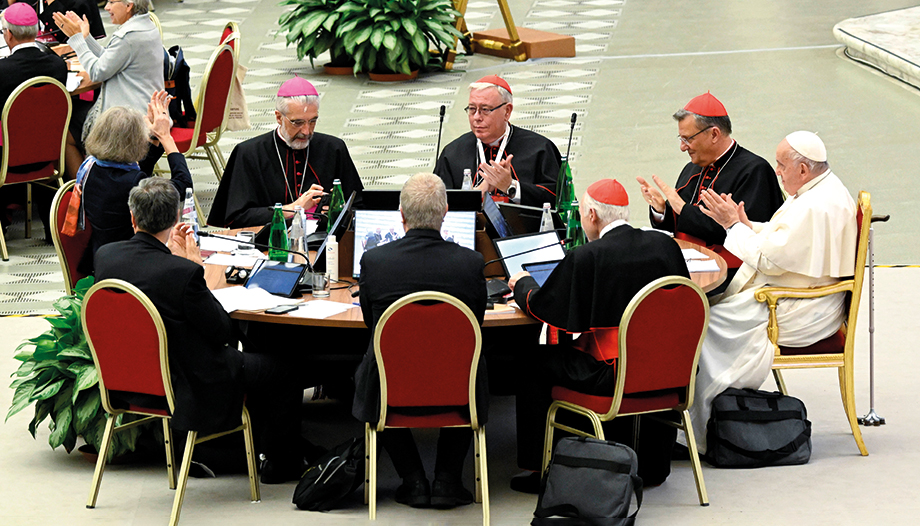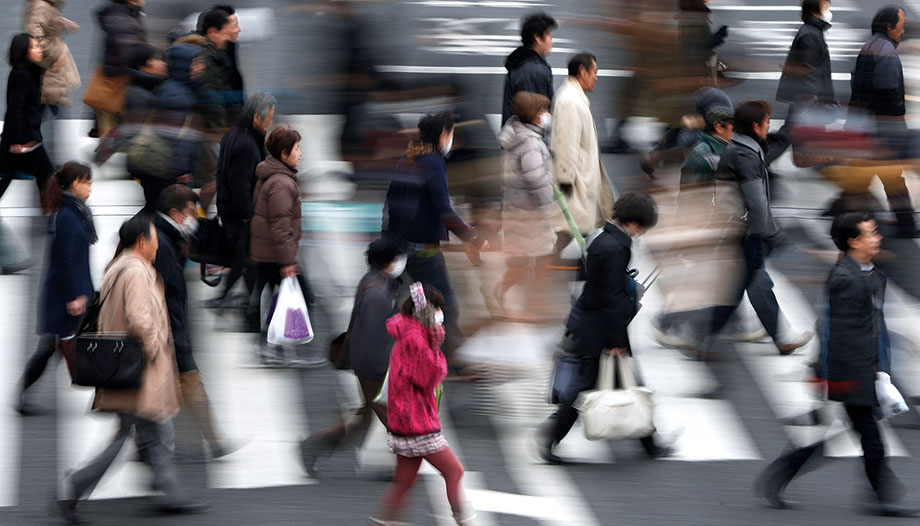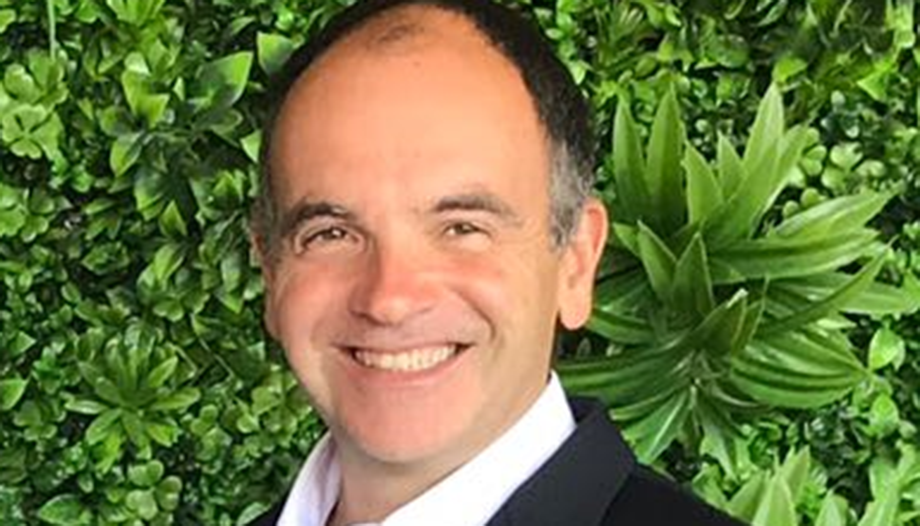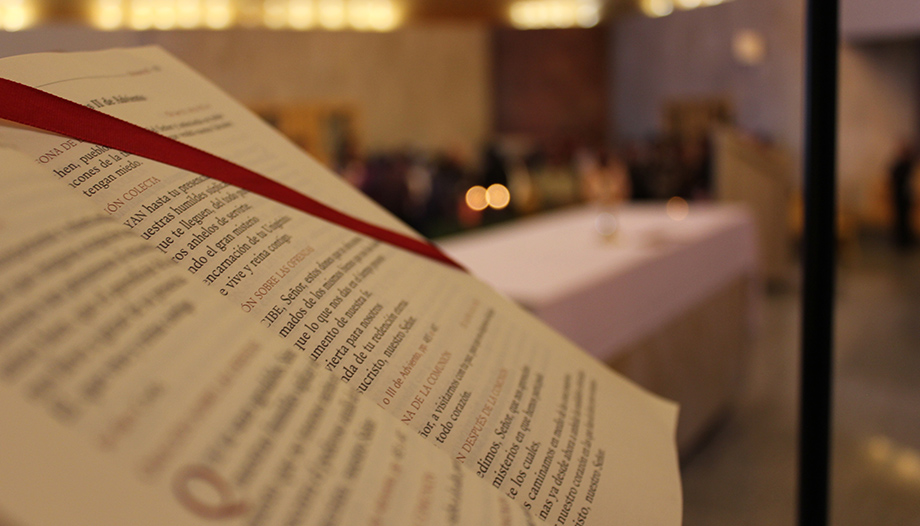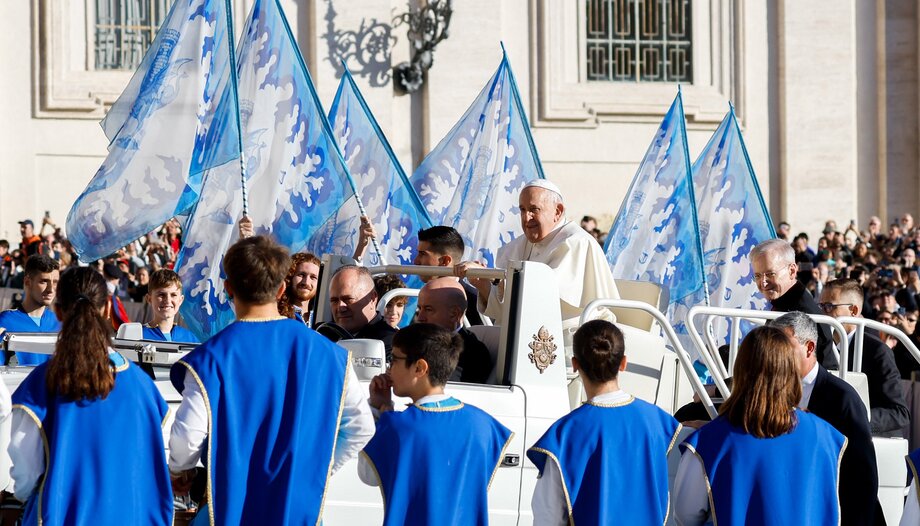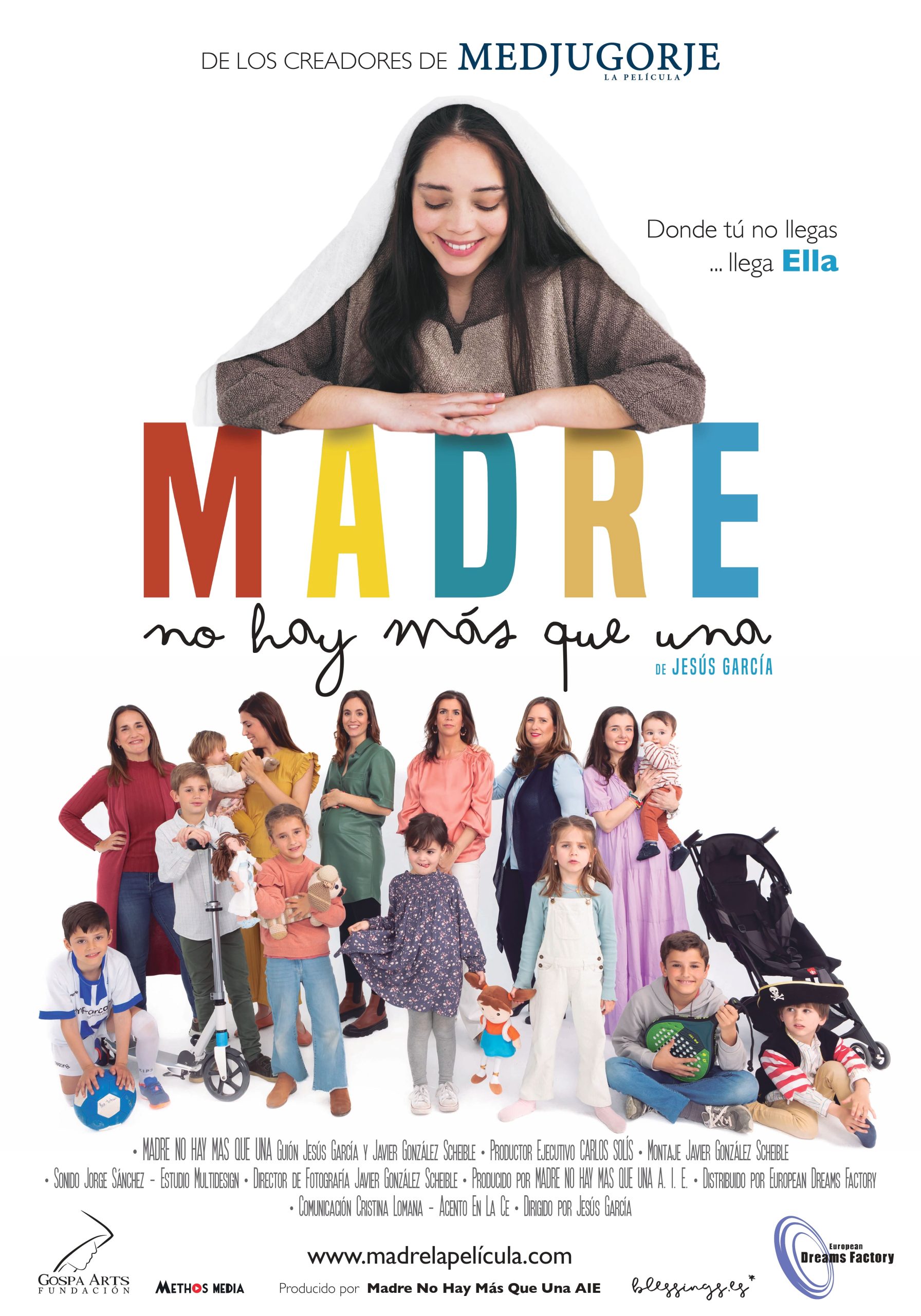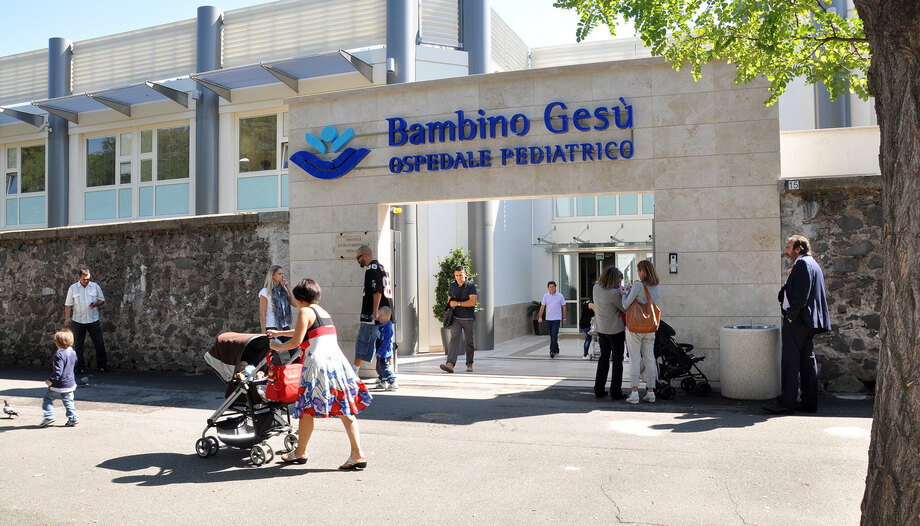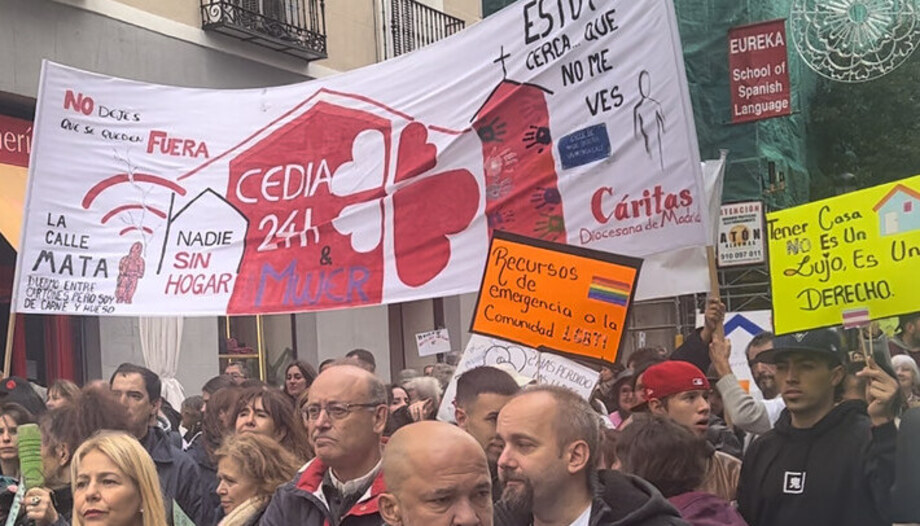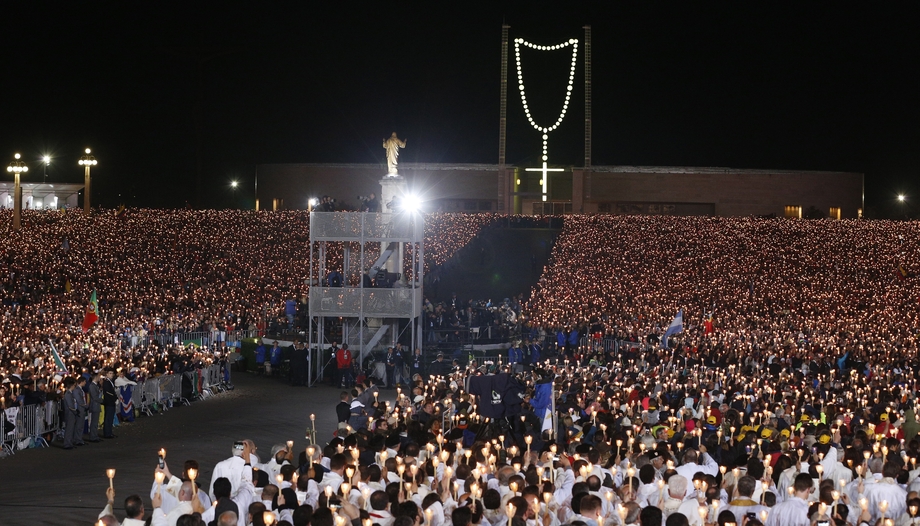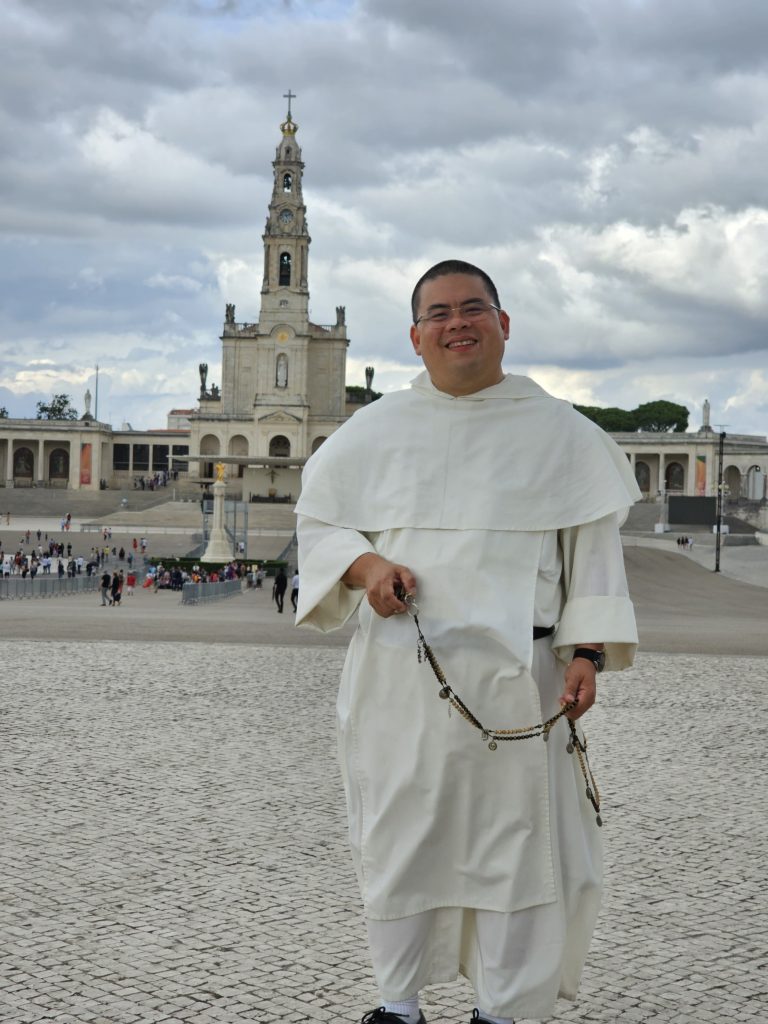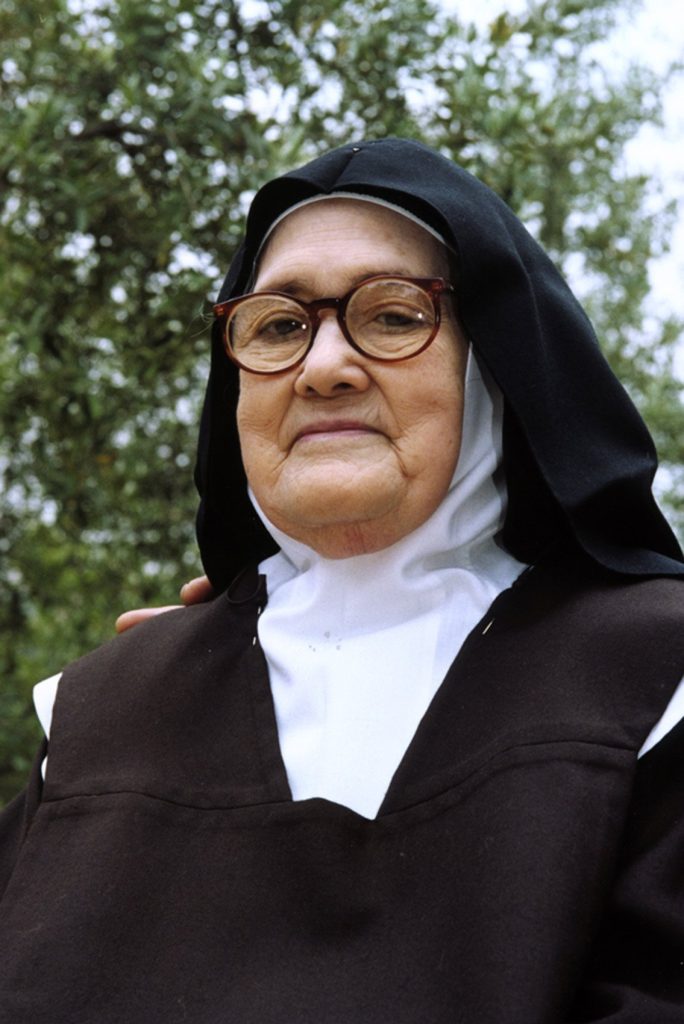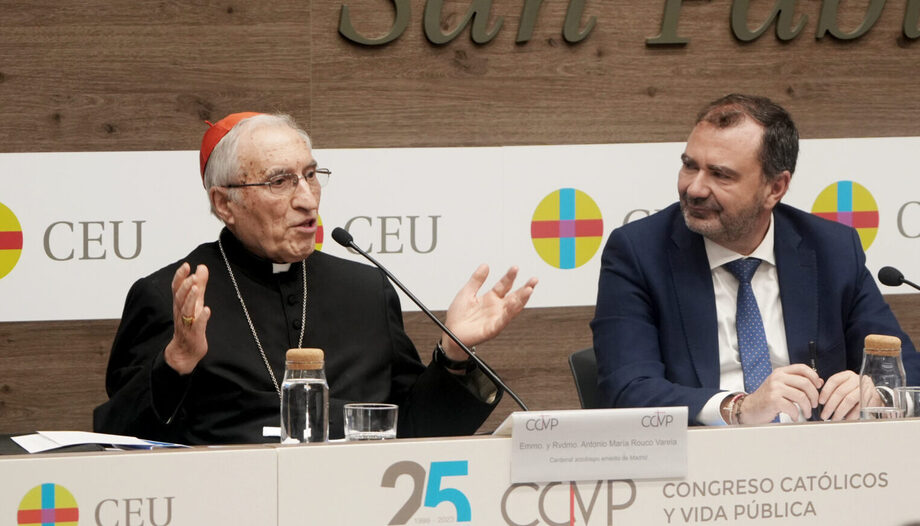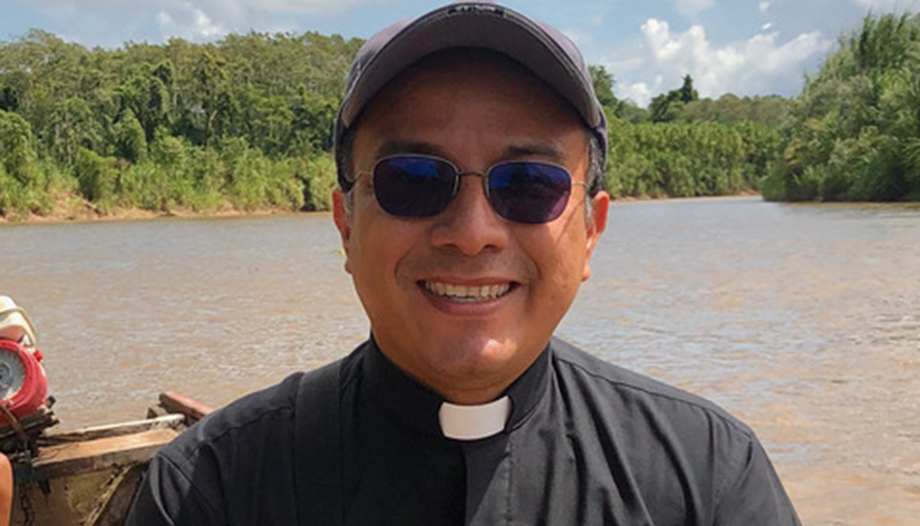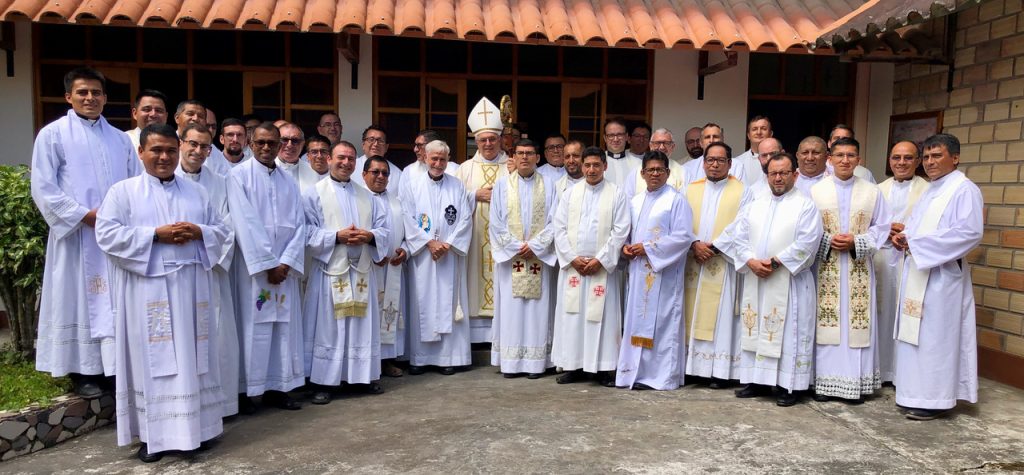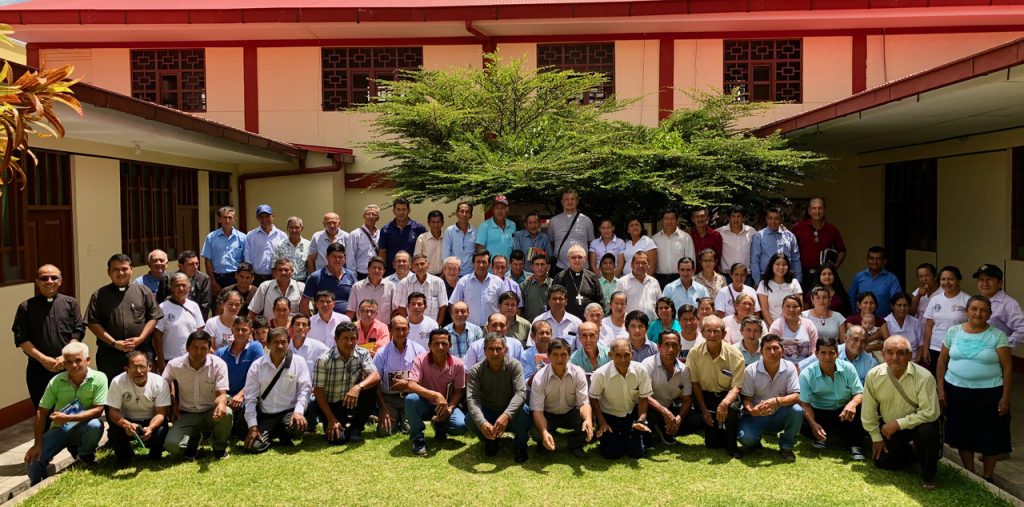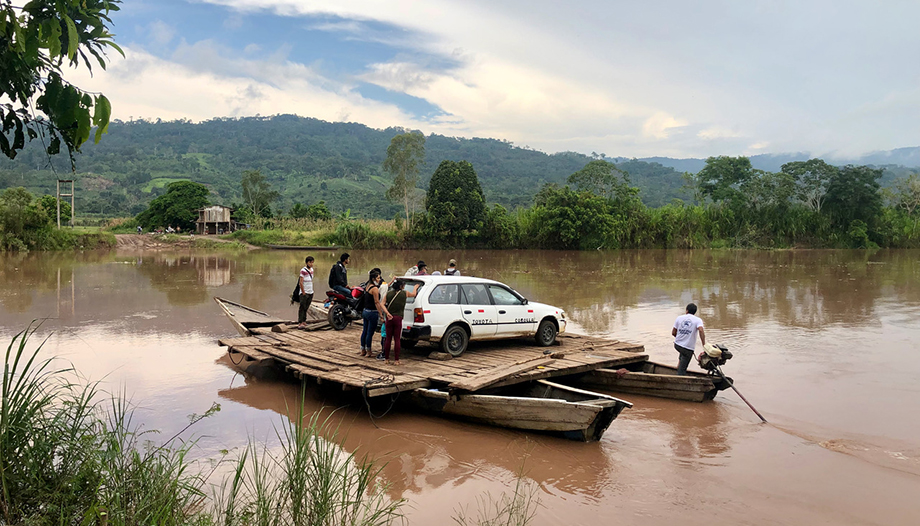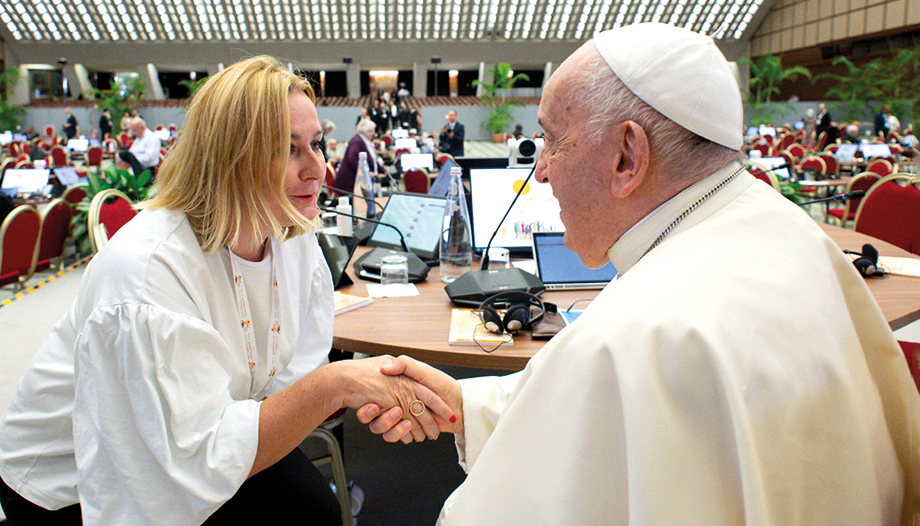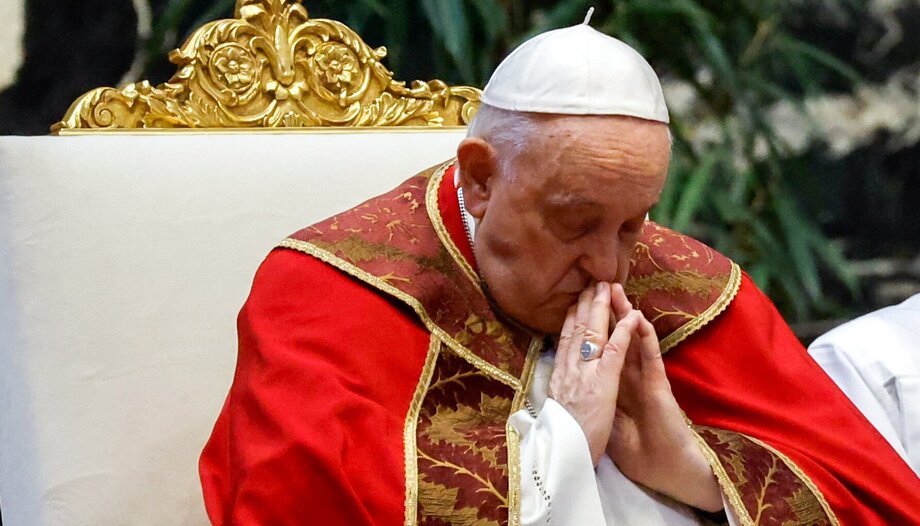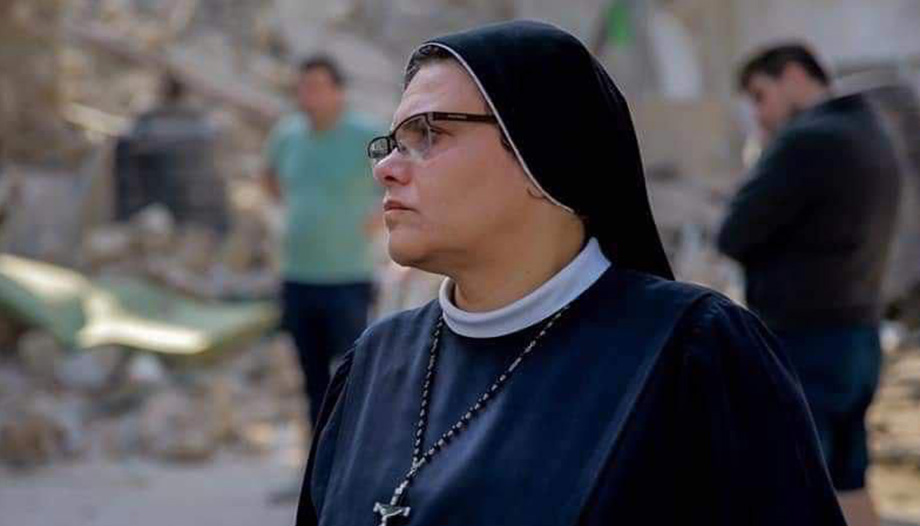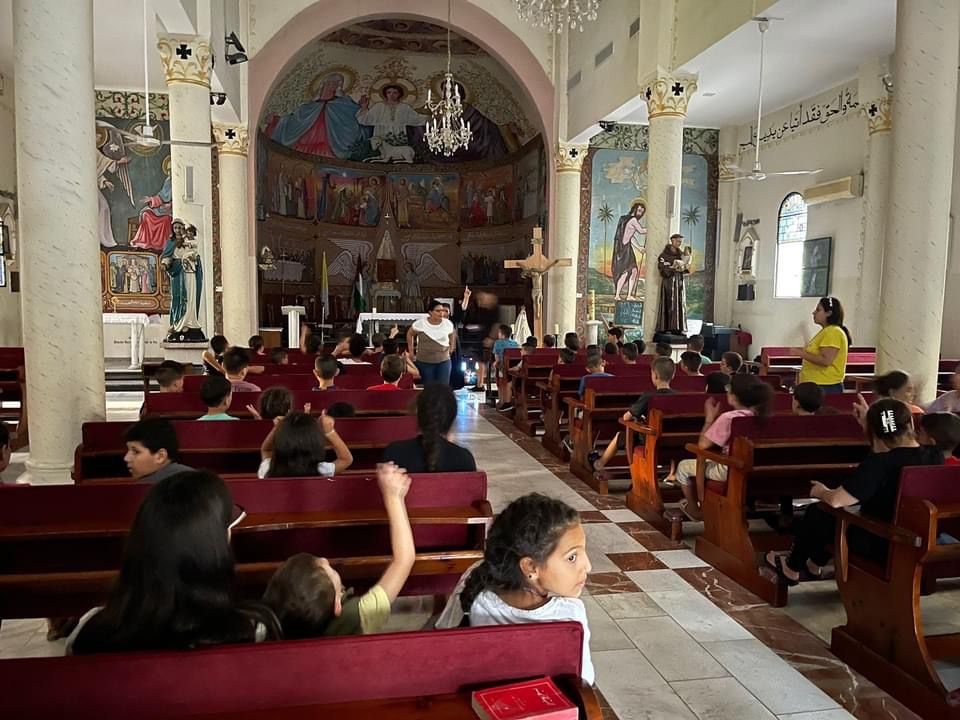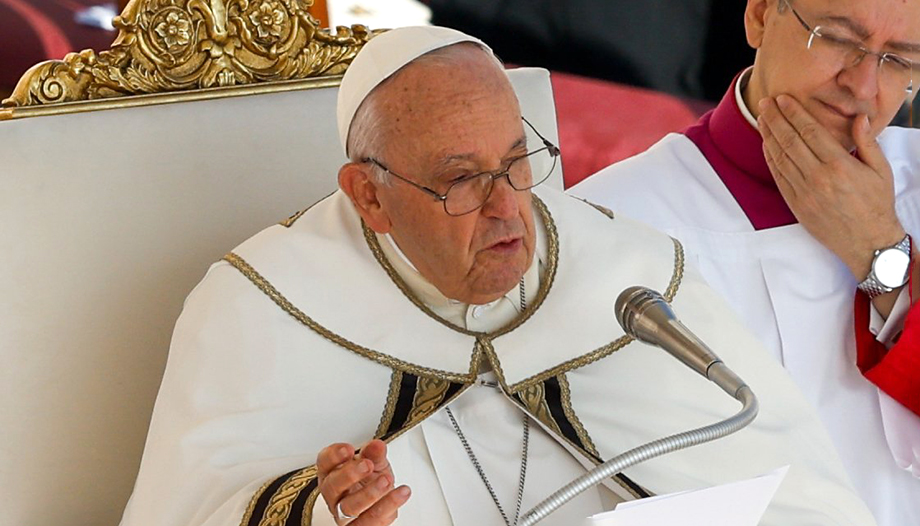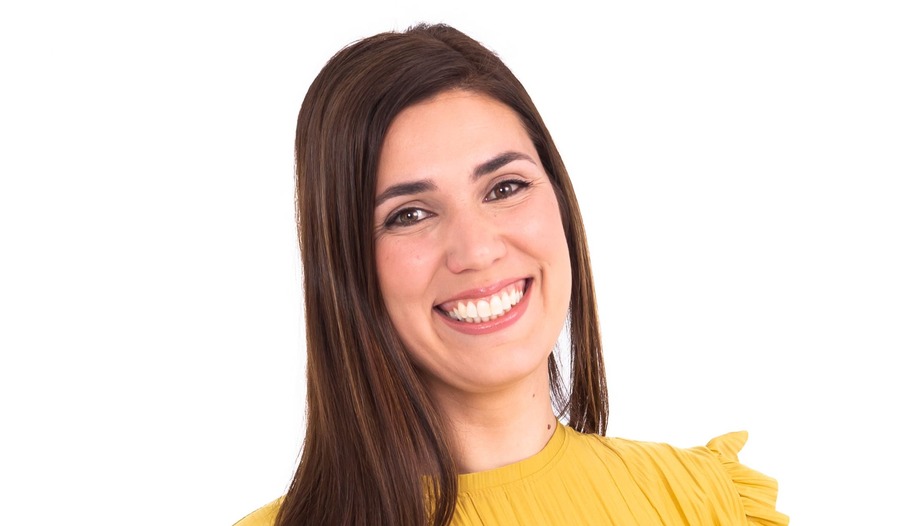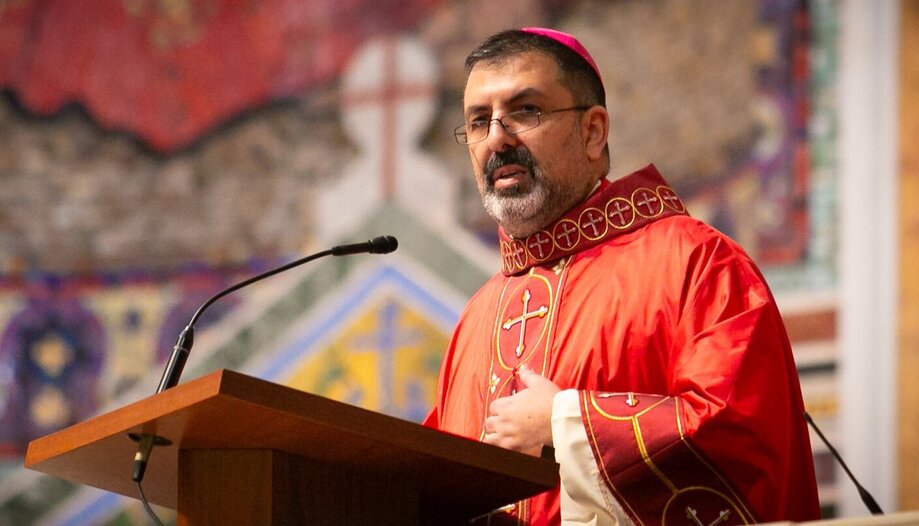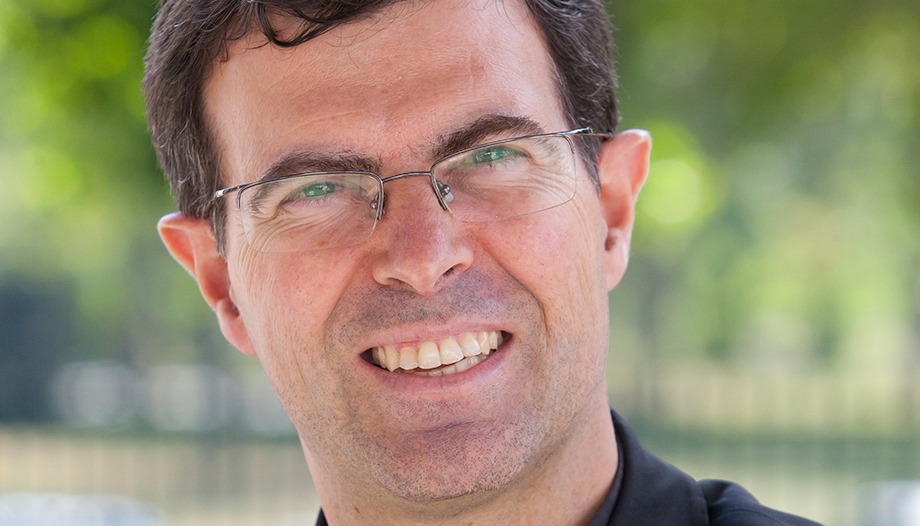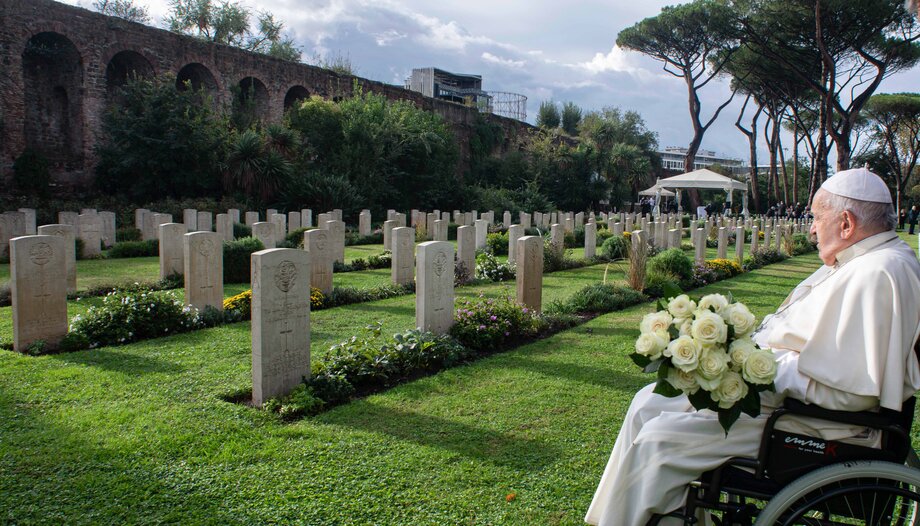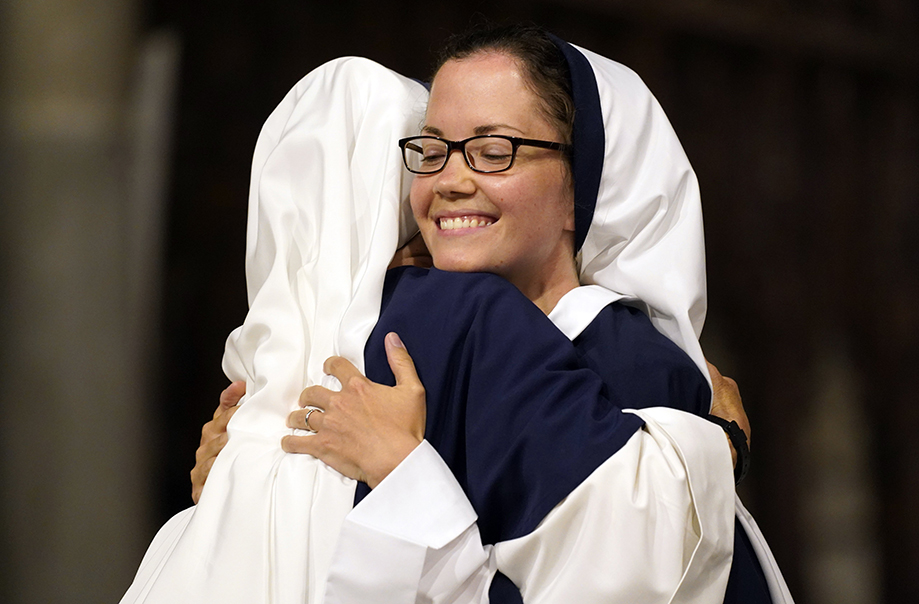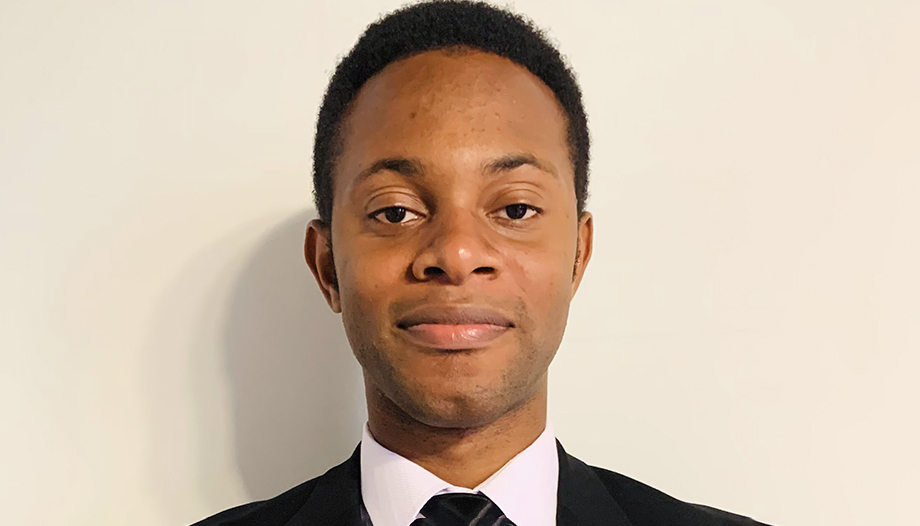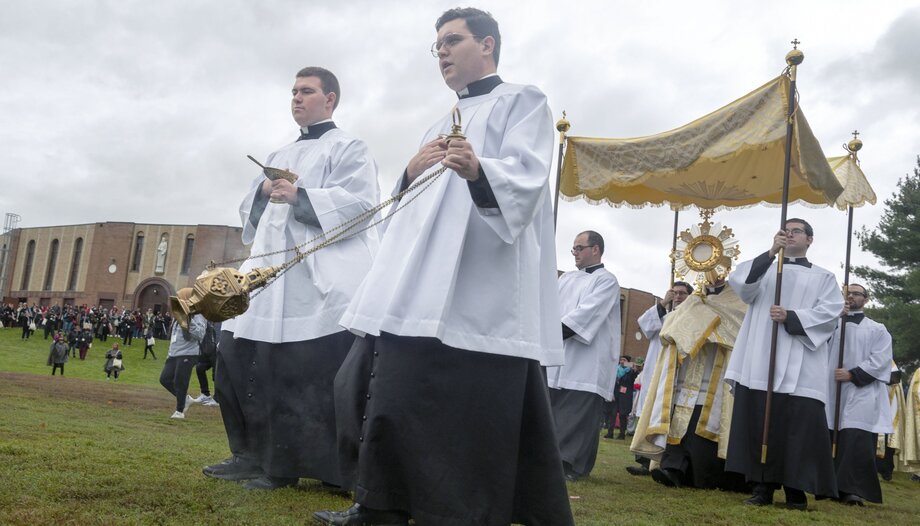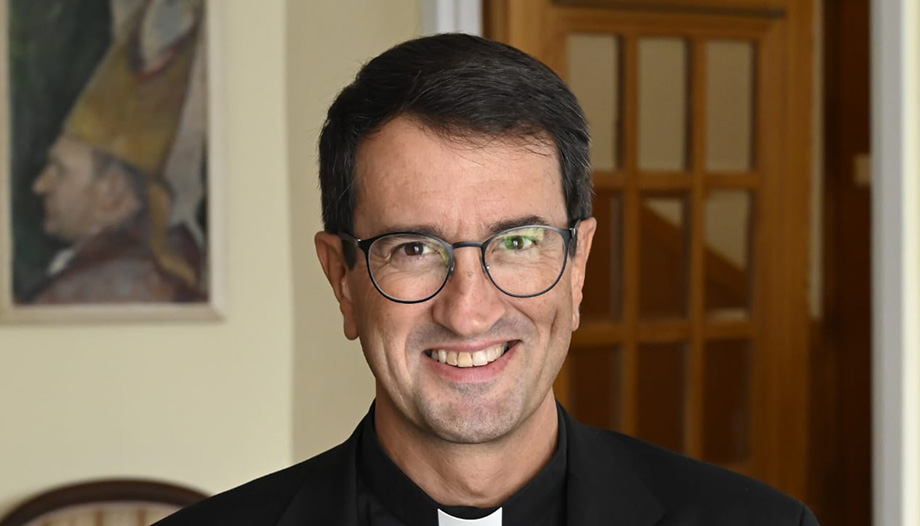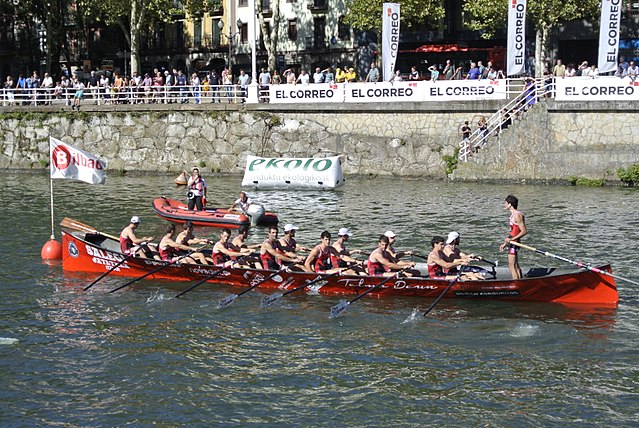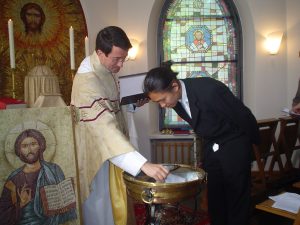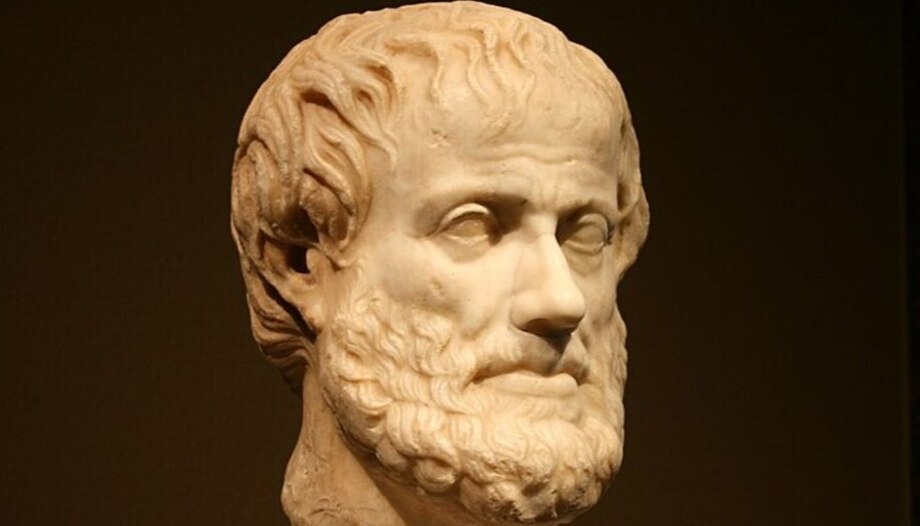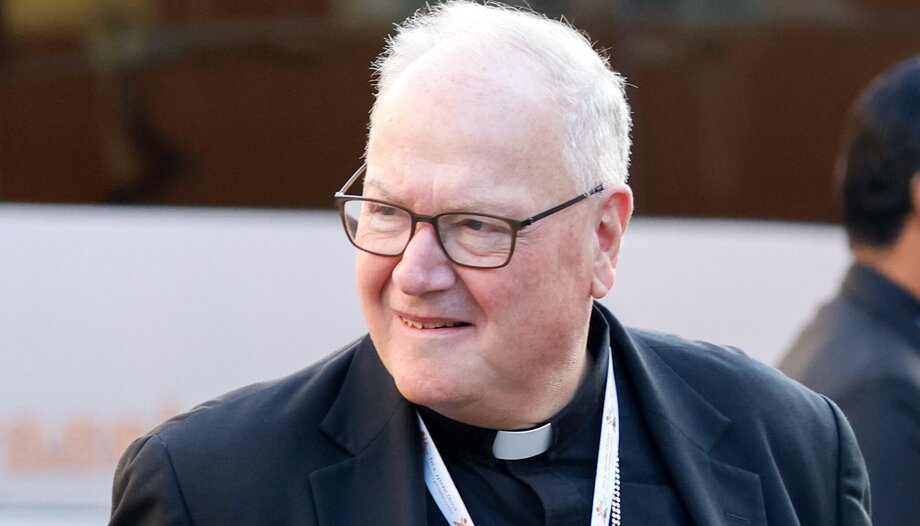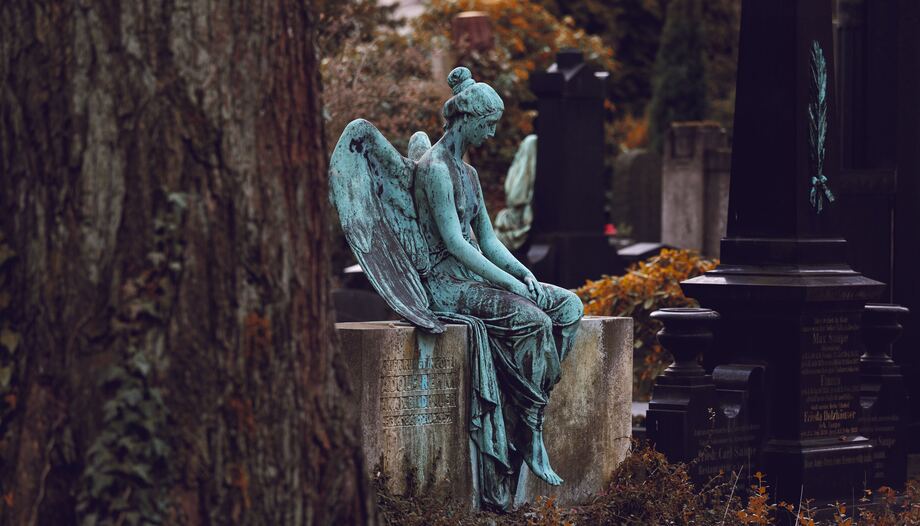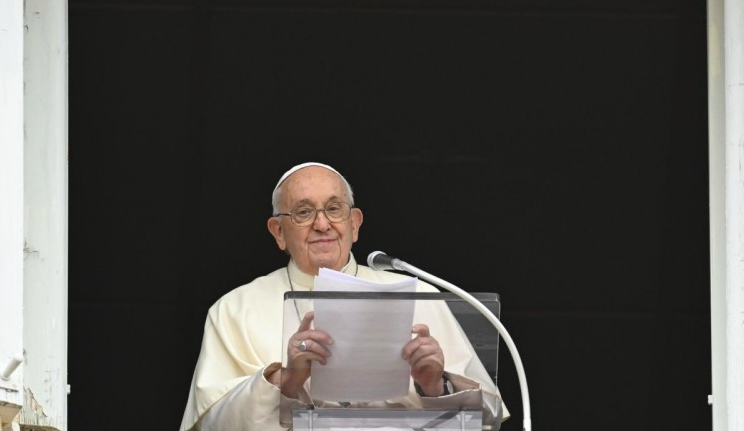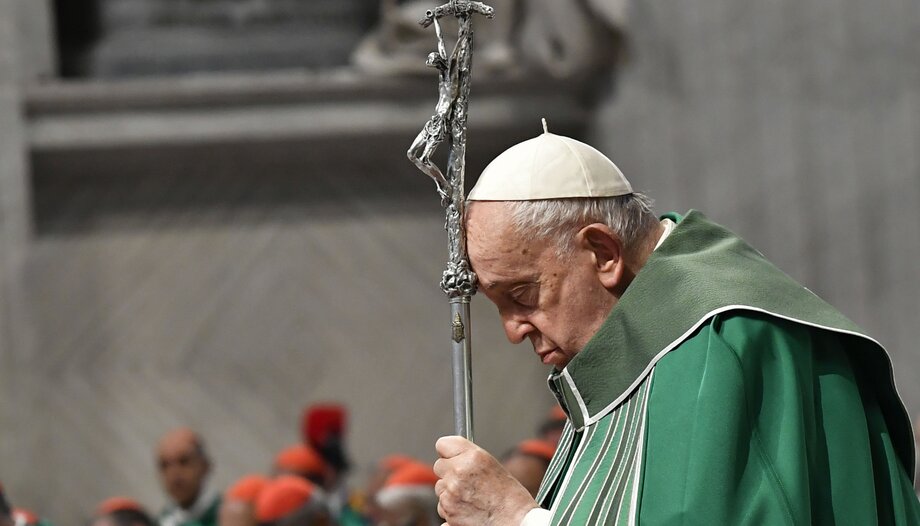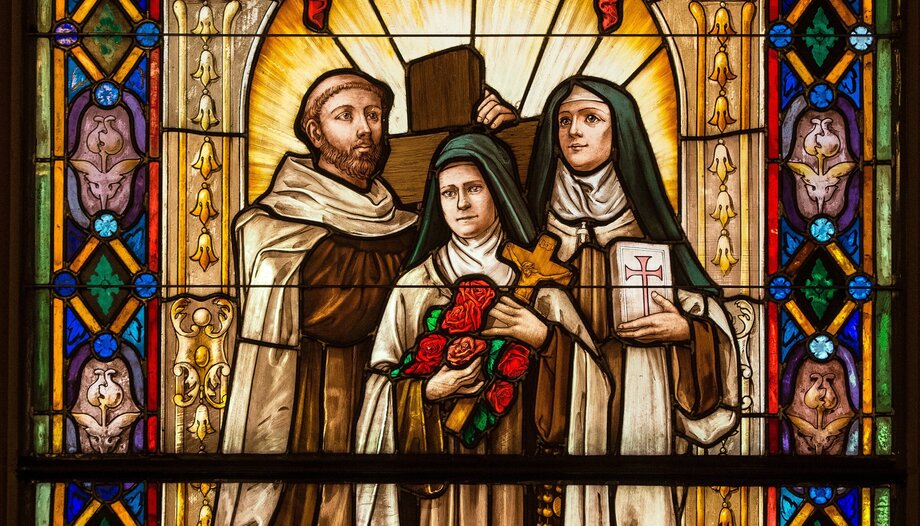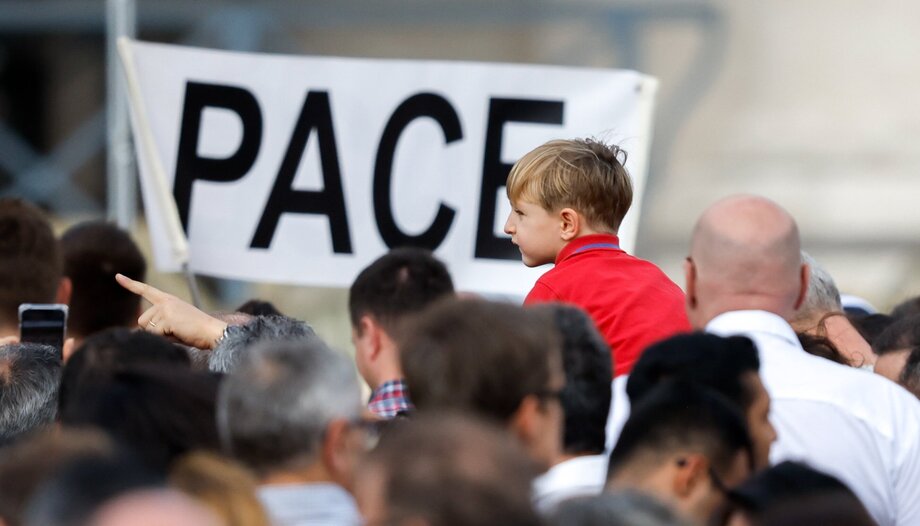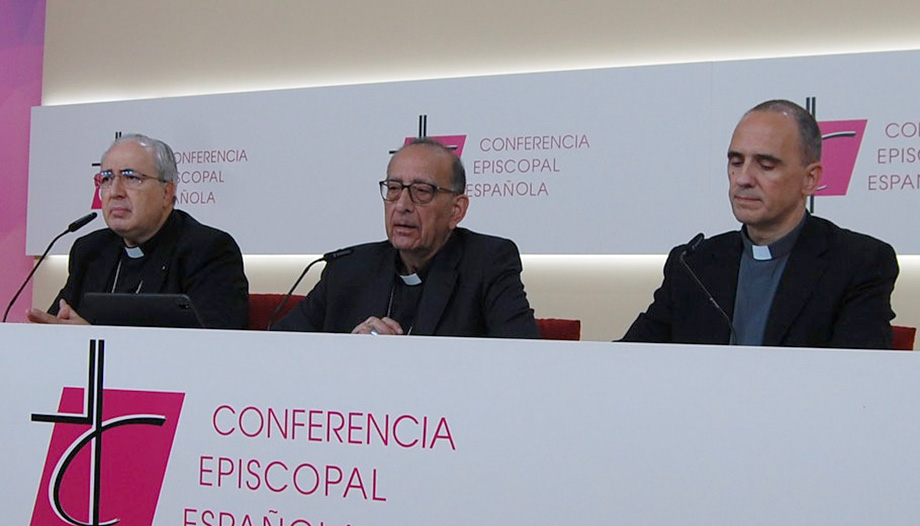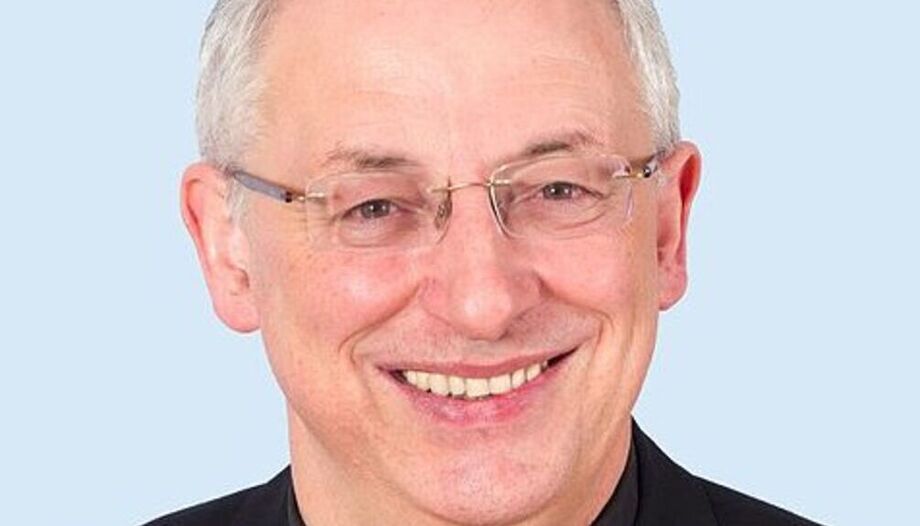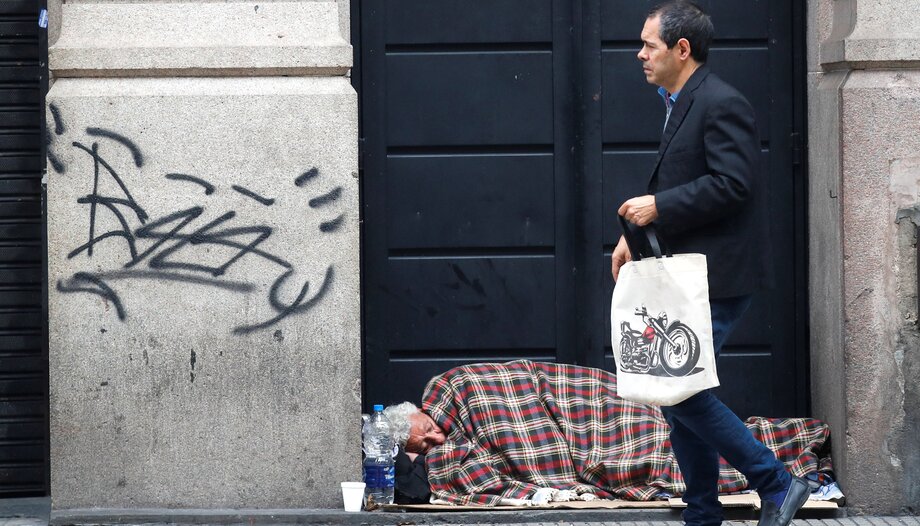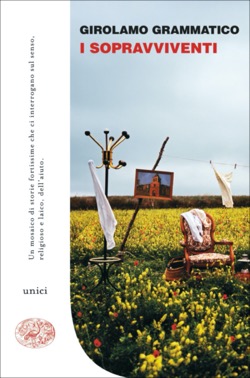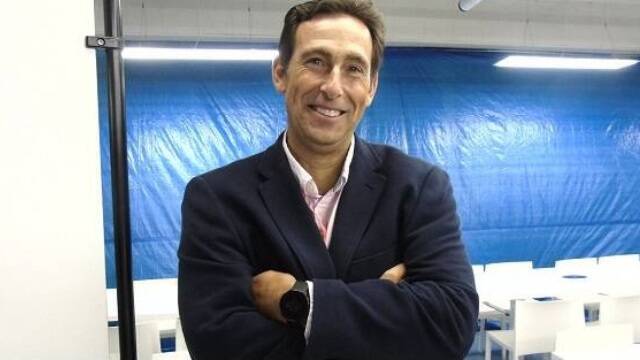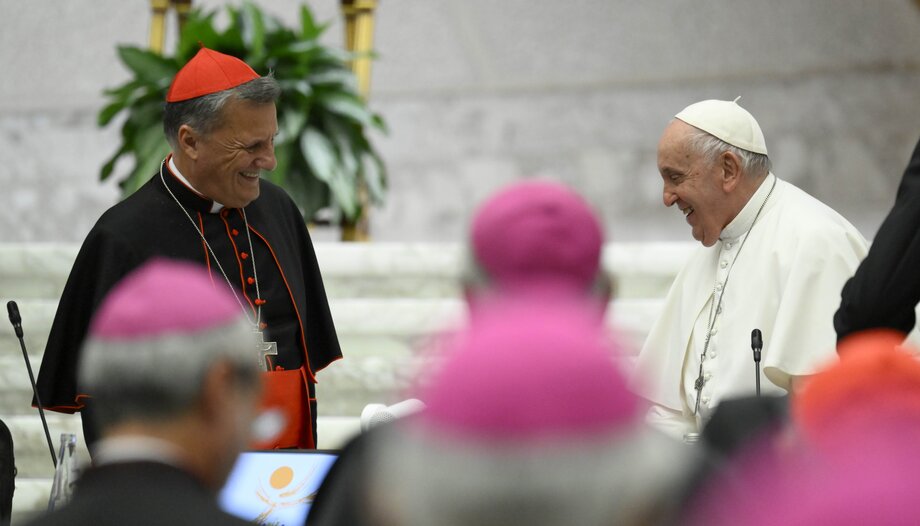For times of crisis, Christians turn to faith, which is about trust; and this means that, like Jesus, we must care for others and for the world around us.
With this proposal, Francis places himself in full continuity with the beginnings of his pontificate, on the way to his eleventh anniversary. Then (May 13, 2013) he outlined his program in the shadow of St. Joseph, whose mission, the fruit of his faith, was none other than to guard God's gifts and serve his loving plan of salvation.
In recent weeks, after his trip to Marseilles, on October 4 the Pope inaugurated the work of the Synodal Assembly on synodality in its first phase. The same day saw the publication of the apostolic exhortation Laudate Deum on the climate crisis. In the middle of the month, he signed the apostolic exhortation C'est la confiance, on the 150th anniversary of the birth of St. Teresa of the Child Jesus.
Marseilles: the "shudder" of faith lived out
The Pope went to Marseilles to take part in the celebration of the Mediterranean MeetingsThe event, in which the bishops and mayors of the area are carrying forward a process to foster a more humane world, where hope and fraternity have their place. In the background is the complex issue of migrants who arrive - or die - for example, crossing the Mediterranean.
The trip was closed at the stadium Velodromewith the Mass where he stated that "we need a shudder" like that of John the Baptist in the womb of his mother Elizabeth, when he received the visit of Mary who was carrying the Messiah.
"This The noted Peter's successor, "is the opposite of a heart that is dull, cold, comfortable with a quiet life, that is shielded in indifference and becomes impermeable, that hardens, insensitive to everything and everyone, even to the tragic discarding of human life, which today is rejected in so many people who emigrate, as well as in so many unborn children and in so many abandoned elderly". (homily 23-IX-2023). A summary of the Pope's message in Marseille could be: we must choose fraternity over indifference.
The Synod from the point of view of trust
The Pope's two interventions (a homily and an address at the beginning of the October Synodal Assembly) set the tone for the work of those weeks.
The homily of October 4 began by contemplating Jesus' prayer to the Father: "I praise you, Father, Lord of heaven and earth, that you have hidden these things from the wise and prudent and revealed them to the little ones." (Mt 11:25). This prayer represents the gaze of Jesus in the midst of the difficulties he encounters (contradictions, accusations, persecution).
He experiences a real "pastoral desolation", but is not discouraged: "At the moment of desolation, therefore, Jesus has a gaze that reaches beyond: he praises the wisdom of the Father and is able to discern the hidden good that grows, the seed of the Word welcomed by the simple, the light of the Kingdom of God that makes its way even during the night."
Participate in the gaze of Jesus
From this view of Jesus, and with references to St. John XXIII (cfr.. Allocution at the beginning of Vatican Council II, October 11, 1962) and Benedict XVI (cfr.. Meditation at the beginning of the synod on the new evangelization, October 8, 2012), Francis declares: "This is the main task of the Synod: to put God back at the center of our gaze, to be a Church that sees humanity with mercy." And all this at the prompting of the Holy Spirit.
Only in this way, he adds, will we be able to be, as St. Paul VI proposed, a Church that "colloquium is made". (encyclical Ecclesiam suam, n. 34), "that imposes no burdens but a gentle yoke". (Mt 11:30).
Thirdly, that gaze of Jesus, which blesses and welcomes, and which we want to make our own, "it frees us from falling into some dangerous temptations.". Francis points out three temptations: rigidity, lukewarmness and tiredness.. In the face of them, the gaze of Jesus turns to us "humble, vigorous and cheerful", The Church is capable in the midst of divisions and conflicts within and outside the Church, which must be "repaired" and "purified", as St. Francis of Assisi did. Not in herself, it is understood, who is holy and untouchable because of her divine side, but in us. "For we are all a People of forgiven sinners - both sinners and forgiven - always in need of returning to the source, which is Jesus, and setting out once again on the ways of the Spirit so that his Gospel may reach everyone."
The Holy Spirit, protagonist of harmony
In his speech on October 4, Francis began by pointing out why he had chosen the theme of synodality for this synod (not an easy topic). It was one of the themes desired by the bishops of the world, along with that of priests and the social question.
After recalling, as he has done so many times in recent months, what a synod is "not" (neither a parliament nor a meeting of friends), he underlined a theme dear to his heart: in the Synod there is a main protagonist who is not any of us, the Holy Spirit.
"Let us not forget, brothers and sisters, that the protagonist of the Synod is not us: it is the Holy Spirit. And if the Spirit is among us to guide us, it will be a good Synod. If among us there are other ways of moving forward for human, personal, ideological interests, it will not be a Synod, it will be a more parliamentary meeting, which is something else. The Synod is a path made by the Holy Spirit".
He unites us in harmony, the harmony of all differences. If there is no harmony, there is no Spirit: it is He who makes it".
The Holy Spirit is like a mother who guides and consoles; like the innkeeper to whom the Good Samaritan entrusted the man who had been beaten on the road (cf. Lk 10:25-37). Synodal discernment consists precisely in learning to listen to the different voices of the Spirit. In rejecting the temptations of criticism "under the table" and spiritual worldliness. In prioritizing not talking, but listening. Listen in this "pause" that the whole Church makes during this month, like a holy Saturday, to listen to what the Holy Spirit wants to make us see.
Laudate Deumon the climate crisis
Trust in God, proper to faith (hence the term "faithful" = one who has trust), also gives us the ability to trust those around us. And it leads us to care for what belongs to the common good, beginning with human dignity and the care of the Earth for all.
The exhortation Laudate Deum (LD) is a continuation of the encyclical Laudato si' (LS)on caring for the common home (2015).
A moral drama
In the framework of the Social Doctrine of the Church, the Pope starts, also here, from the astonished gaze of Jesus before the wonders of his Father's creation: "....Look at the lilies of the field..." (Mt 6:28-29). Now, by contrast, and in many cases, it is a true moral drama that involves various cases of what is called "structural sin" (cf. encyclical Sollicitudo rei socialis, 36; Catechism of the Catholic Church, 1869).
Francis affirms categorically the existence of the global climate crisis (nn. 5-19) in which human causes, if not the only ones, count significantly, even if sometimes denied or doubted by public opinion; he also affirms that some damages and risks will be irreversible, perhaps for hundreds of years. And that it is better to prevent a catastrophe than to regret it through negligence. "Nothing more is asked of us than some responsibility for the inheritance we will leave behind us after our passage through this world." (n. 18). Moreover, as the covid-19 pandemic has shown, everything is connected and no one is saved alone..
It deplores the technocratic paradigm that continues to advance behind the degradation of the environment. It is a way of thinking "as if truth, good and reality spontaneously spring from the same technological and economic power". (LS 105); as if everything were resolved by infinite or unlimited growth (LS 106). That is why it is necessary to rethinking our use of power (LS 24 ff.), its meaning and its limits, especially in the absence of solid ethics and a truly human spirituality.
Lack of an effective international policy
From there he goes on, in a third point, to denounce the weakness of international policy (LS 34 ff) and the role of the international climate conferences with its advances and failures. Negotiations are not progressing because of countries that put their national interests ahead of the global common good (LS 169), with all that this entails in terms of "lack of awareness and responsibility" (LD 52).
The fifth section is devoted by the Pope to expectations for the COP28 in Dubai (United Arab Emirates), scheduled to be held from November 20 to December 12, 2023. "We need to overcome the logic of appearing as sentient beings and at the same time not having the courage to produce substantial changes." (LD 56).
The sixth and last point of the document sets forth the ".spiritual motivations" (nn. 61 ff.) "that spring from one's own faith", especially for the Catholic faithful, while at the same time encouraging the same for other believers. Recognition of God as Creator, respect for the world, the wisdom that flows from it and gratitude for all this are condensed in the very attitude of Jesus when he contemplated created reality and invited his disciples to cultivate similar attitudes (cf. n. 64). Moreover, the world will be renewed in relation to the risen Christ, who envelops all creatures and directs them to a destiny of fullness, so that there is mysticism in the smallest realities and that the world will be renewed in relation to the risen Christ, who envelops all creatures and directs them to a destiny of fullness. "the world sings an infinite Love: how can we not take care of it?" (n. 65).
In the face of the technocratic paradigm, the Judeo-Christian cosmovision invites us to sustain a "situated anthropocentrism", that is to say that human life is situated in the context of all creatures that make up a "universal family" (LS 89, LD 68).
The Pope's proposal to the Catholic faithful is clear: individually, to reconcile ourselves with the world that shelters us, to beautify it with our own contribution. At the same time, to promote appropriate national and international policies. In any case, what is important, says Francis, is to "remember that there are no lasting changes without cultural changes, without a maturation in the way of life and in the convictions of societies, and there are no cultural changes without changes in people." (LD 70). And this includes important cultural signs - which can encourage processes of transformation at the social and political level - at the personal, family and community levels: "The effort of households to pollute less, reduce waste, consume wisely, is creating a new culture." (LD 71). This will allow you to move forward "on the path of mutual care"..
C'est la confianceSt. Therese's "secret": the "secret" of St. Therese
The exhortation C'est la confiance (abbreviated as CC) on trust in God's merciful Love, on the 150th anniversary of the birth of St. Therese of the Child Jesus and of the Holy Face (October 15, 2023), literally proposes the message of St. Therese: "Trust, and nothing but trust, can lead us to Love." (n. 1). Francis adds: "With trust, the wellspring of grace overflows in our lives, the Gospel becomes flesh in us and turns us into channels of mercy for our brothers." (CC 2).
The "attraction" of Jesus
The first section, "Jesus for others"highlights two lights that shine in Therese's relationship with Jesus.
First, its missionary soul, because, as in every authentic encounter with Christ, her experience of faith called her to mission. "Therese was able to define her mission with these words: 'In heaven I will desire the same thing I desire now on earth: to love Jesus and to make Him loved'". (CC 9).
Moreover, she understands that Jesus, in drawing her to Himself, also draws to Himself the souls she loves, without tension or effort. This happens on the basis of the grace of Baptism and through the action of the Holy Spirit, who, in fact, frees us from self-referentiality., of self-centered holiness.
The second section, "the path of trust and love", expresses the message of this great saint, who understood what God asks of the "little ones". A message also known as "the path of spiritual childhood". It is a path that, as the Pope rightly points out, everyone can live, and which, I might add, has found other forms and expressions in saints such as Charles de Foucauld and Josemaría Escrivá.
Beyond all merit, the daily neglect of the
And Francis explains by getting to the theological core of his document: in the face of a Pelagian idea of holiness (cfr. Gaudete et exsultate47-62), "Therese always stresses the primacy of God's action, of His grace". (CC 17).
What does Jesus ask of us? He does not ask for great deeds, but "only abandonment and gratitude". This does not mean, on our part, admitting a certain conformism or quietism, but rather, the Pope points out with reference to the saint, "his boundless confidence encourages those who feel fragile, limited, sinful to let go and transform in order to reach high." (CC 21).
As we can see, this trust and abandonment do not refer only to one's own sanctification and salvation, but embrace the whole of life, freeing it from all fear: "Full trust, which becomes abandonment in Love, frees us from obsessive calculations, from constant worry about the future, from fears that take away peace...." (CC 24). It is the "holy abandonment".
In the midst of the darkness, a firmest hope
This trust, even in the midst of the most absolute spiritual darkness, was lived by Therese, who personally identified herself with the darkness that Jesus wanted to experience on Calvary for sinners. She "feels she is a sister to atheists and, like Jesus, sits at table with sinners (cf. Mt 9:10-13).. Intercede for them, while continually renewing their act of faith, always in loving communion with the Lord." (CC 26).
The gaze on the infinite mercy of God, together with the awareness of the drama of sin (the Pope picks up the account of the saint in relation to the condemnation of the criminal Henri Pranzini) build the springboard from which Therese formulates her message.
Love and simplicity at the heart of the Church
The third section of the exhortation formulates this message in detail: "I will be love.". She is an example of how love for God is both ecclesial and very personal, heart to heart. "At the heart of the Church, my Mother."he decided, "i will be love". And Francisco adds: "Such a discovery of the heart of the Church is also a great light for us today, not to be scandalized by the limits and weaknesses of the ecclesiastical institution, marked by obscurities and sins, and to enter into her burning heart of love, which was kindled at Pentecost thanks to the gift of the Holy Spirit." (CC 41).
Precisely "thus arriving at the ultimate personal synthesis of the Gospel, which began with complete trust and culminated in total gift to others." (CC 44). And this expresses "the heart of the Gospel" (CC 48).
The Pope concludes by pointing out that "we still need to pick up this brilliant intuition of Therese and draw the theoretical and practical, doctrinal and pastoral, personal and communitarian consequences. We need audacity and interior freedom to be able to do so". (CC 50).
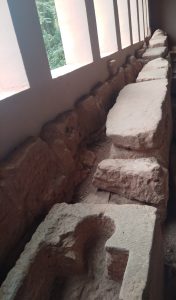
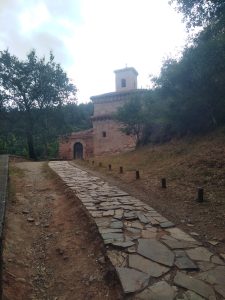





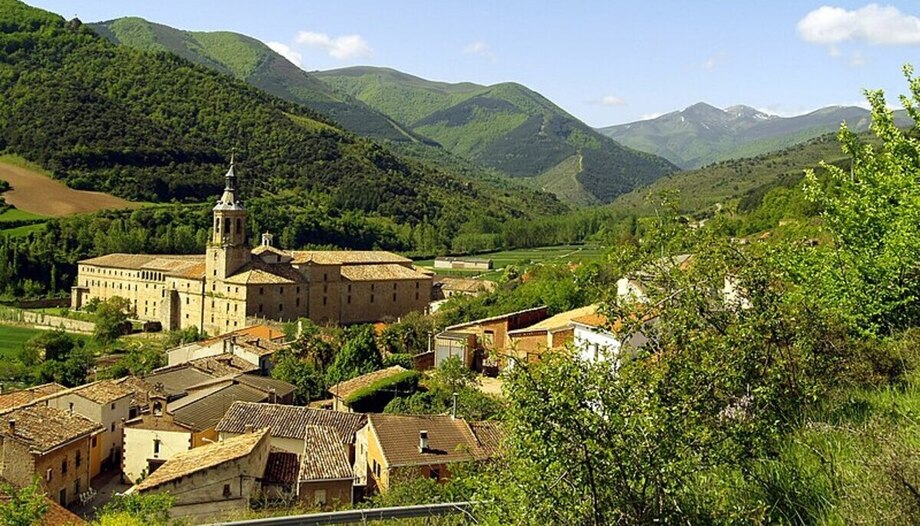
 From North to South. Europe's Medieval Christian Roots.
From North to South. Europe's Medieval Christian Roots.




